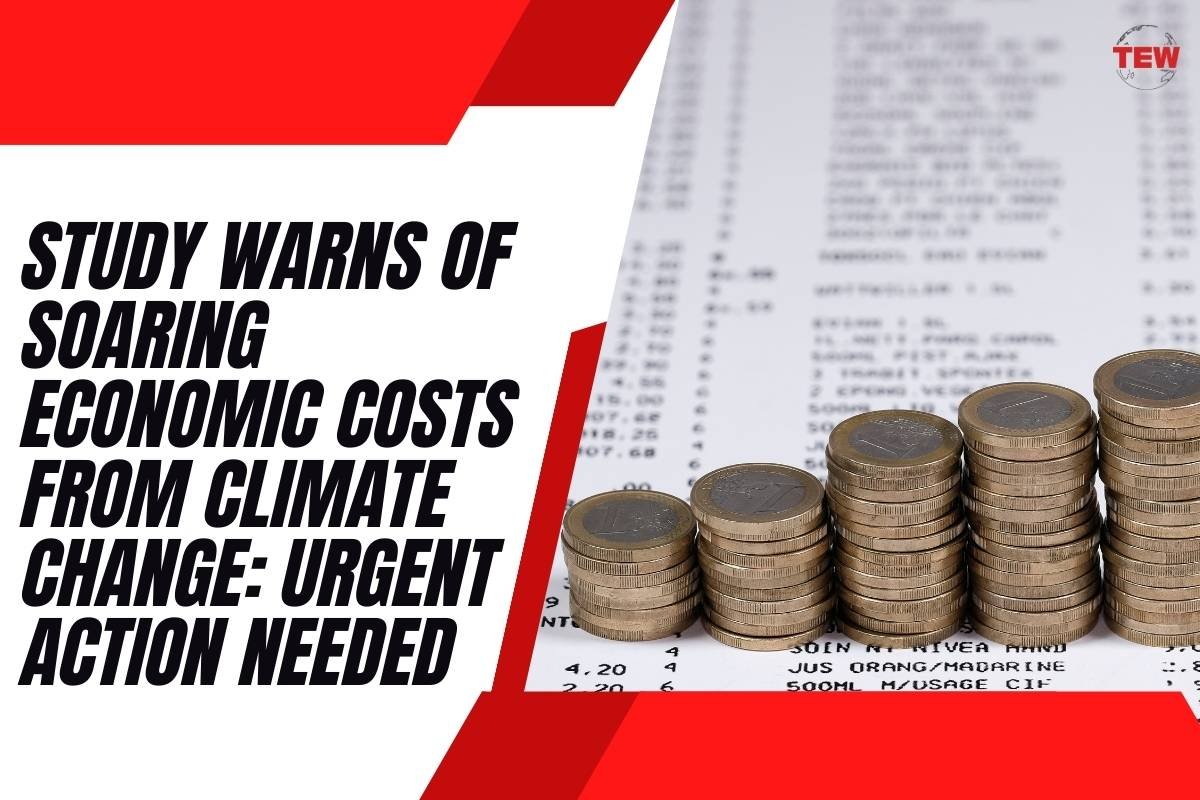A groundbreaking study published Wednesday in Nature sheds light on the staggering economic toll inflicted by climate change, projecting a colossal 19% reduction in global income over the next 26 years. As record-breaking heatwaves, devastating floods, and rampant wildfires intensify worldwide, exacerbated by the effects of climate change, individuals, governments, and corporations alike face the harsh reality of profound economic consequences.
The United Nations warns of a looming rise in global temperatures by nearly 3 degrees Celsius within the next century, even under existing climate policies and targets. This trajectory, as outlined in the study, paints a grim picture of the economic burdens individuals may shoulder as a result of climate-related disruptions.
Lead researchers from the Potsdam Institute of Climate Impact Research underscored the inevitability of short-term financial repercussions, irrespective of future emission scenarios. Maximilian Kotz and Leonie Wenz emphasized that immediate action to combat climate change could mitigate long-term losses, offering a glimmer of hope amidst dire projections.
Immediate Economic Repercussions of Climate Change
Noted environmental researcher Noah Diffenbaugh from Stanford University highlighted the multifaceted nature of economic damage from climate change. While extreme weather events necessitate costly repairs, elevated temperatures pose significant threats to agriculture, labor productivity, and even cognitive function.
Contrary to conventional discourse, which often emphasizes the high costs of climate mitigation efforts, the study argues that the short-term economic toll of climate change surpasses the expenses associated with implementing solutions. Estimates reveal that adhering to the Paris Climate Agreement could cost the global economy $6 trillion by 2050, whereas climate-induced damages are projected to amount to a staggering $38 trillion within the same timeframe.
Bernardo Bastien, a researcher at the Scripps Institute of Oceanography, emphasized the potential of adaptation strategies to mitigate long-term economic losses. While these approaches do not directly address climate change, they aim to minimize its adverse effects, potentially offering substantial cost savings over time.
Mitigation Strategies and Long-Term Economic Resilience
The study underscores the disproportionate impact of climate change on vulnerable populations, with the poor bearing the brunt of its consequences. Economic damage from climate change estimates vary significantly across regions, with North America and Europe projected to experience a relatively lower income reduction of 11% compared to South Asia and Africa, where income reduction may reach 22%.
Despite the United States’ status as a major contributor to historical emissions, the study suggests that it may incur a comparatively smaller economic hit than some neighboring countries. Nonetheless, the nation remains vulnerable to disruptions exacerbated by a warming planet, particularly affecting younger generations.
As the study concludes, the urgency of addressing climate change cannot be overstated. While economic damage from climate change are inevitable in the short term, the long-term benefits of mitigation efforts underscore the imperative for immediate action. Failure to act decisively risks exacerbating economic disparities and perpetuating the cycle of climate-related crises.





